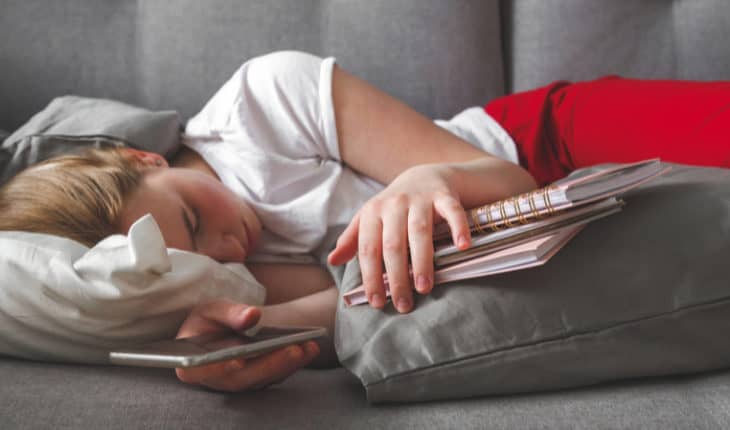The Coronavirus report dedicated to physical and mental health collected between 9-14th April, amongst 3.7k UK and US consumers, found that the crisis is taking a toll on our mental wellbeing as well as our diet and fitness.
The data, taken from 18-64 year olds, highlights the different mental health concerns between UK and US consumers that have been heightened since lockdown – such as anxiety, loneliness and stress – and how they are safeguarding their wellbeing.
Key findings include:
- The crisis is impacting consumers’ mental and physical wellbeing
- 54% of UK consumers claim their mental health has worsened during the crisis. Two thirds who shared concerns about their diet and fitness also reported worsening mental health
- Anxiety rises with age, most prevalent with 57-64 year olds (46%), with loneliness being a bigger issue right now during lockdown – nearly a third of consumers have expressed feelings
- The lockdown has led to less healthy lifestyles
- 30% of UK consumers are exercising and eating healthy foods less than normal during the pandemic, with a quarter noticing a reduction in the hours of sleep they’re getting
- The report also shows a direct link between mental health concerns and sleep patterns, with those worried about their mental health reporting the most reduction in their sleep as a result of the crisis (36% compared to 25% on average)
- Talking to loved ones is the best mental health remedy
- Looking for the support of friends and family is reported as the top way consumers are looking after their mental health while at home
- Taking up an activity and decluttering are other ways UK consumers are dealing with lockdown
- Consumers interested in Telehealth services to diagnose coronavirus
- 34% of UK consumers would consider using this technology to be screened for the virus, but US consumers were more interested (57%)
- Socio-economic inequalities are highlighted
- Concerns of the impact of COVID-19 amongst higher and lower earners, when it comes to becoming ill (44% vs. 67%) and being able to afford expenses (16% vs. 31%), show through within this report
GlobalWebIndex’s full report with all key findings.
Photo: Shyntartanya/Shutterstock.com
Latest posts by Hippocratic Post (see all)
- Gut microbiome could delay onset of type 1 diabetes - 3rd April 2025
- The da Vinci 5 Robot Is Set To Transform Bariatric Care: - 31st March 2025
- Beyond money: the hidden drivers fuelling child food insecurity - 31st March 2025







Great article highlighting the profound impact of the pandemic on both mental and physical wellbeing. The integration of mental and physical healthcare is crucial in addressing the holistic needs of individuals during these challenging times. By recognizing the interconnectedness of mental and physical health, we can foster resilience and promote overall well-being. Kudos to the author for shedding light on this important topic.